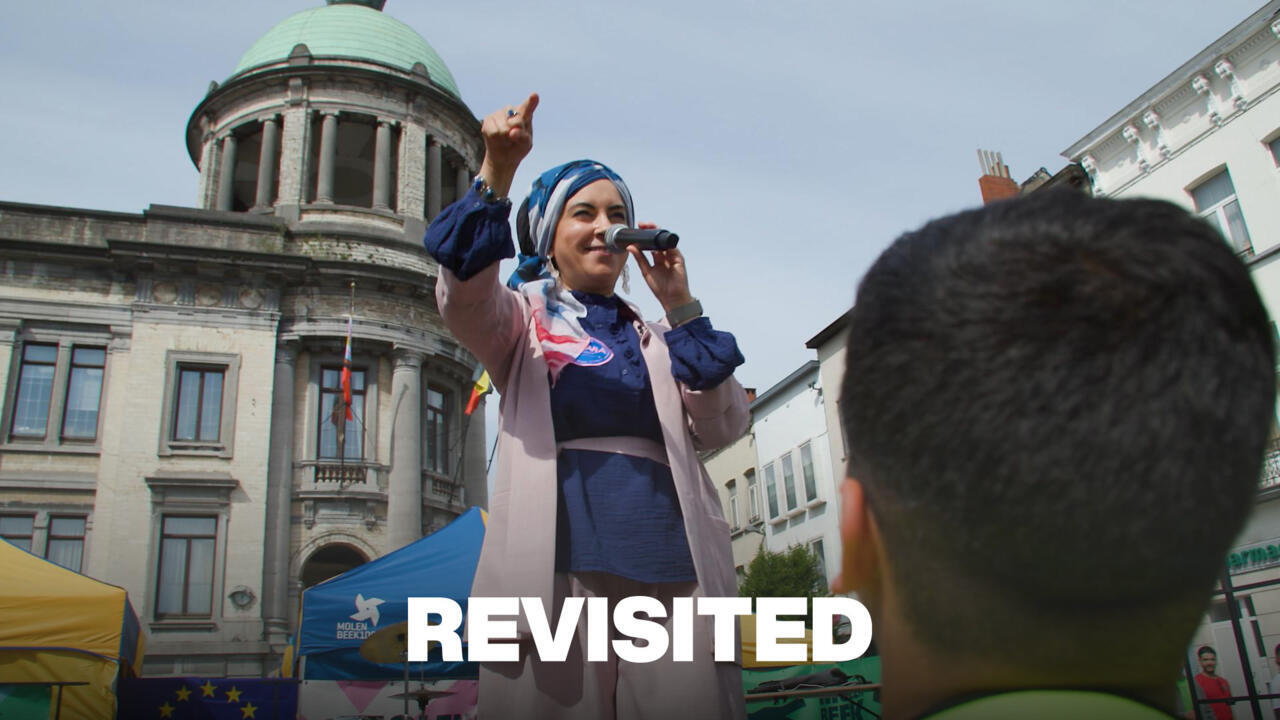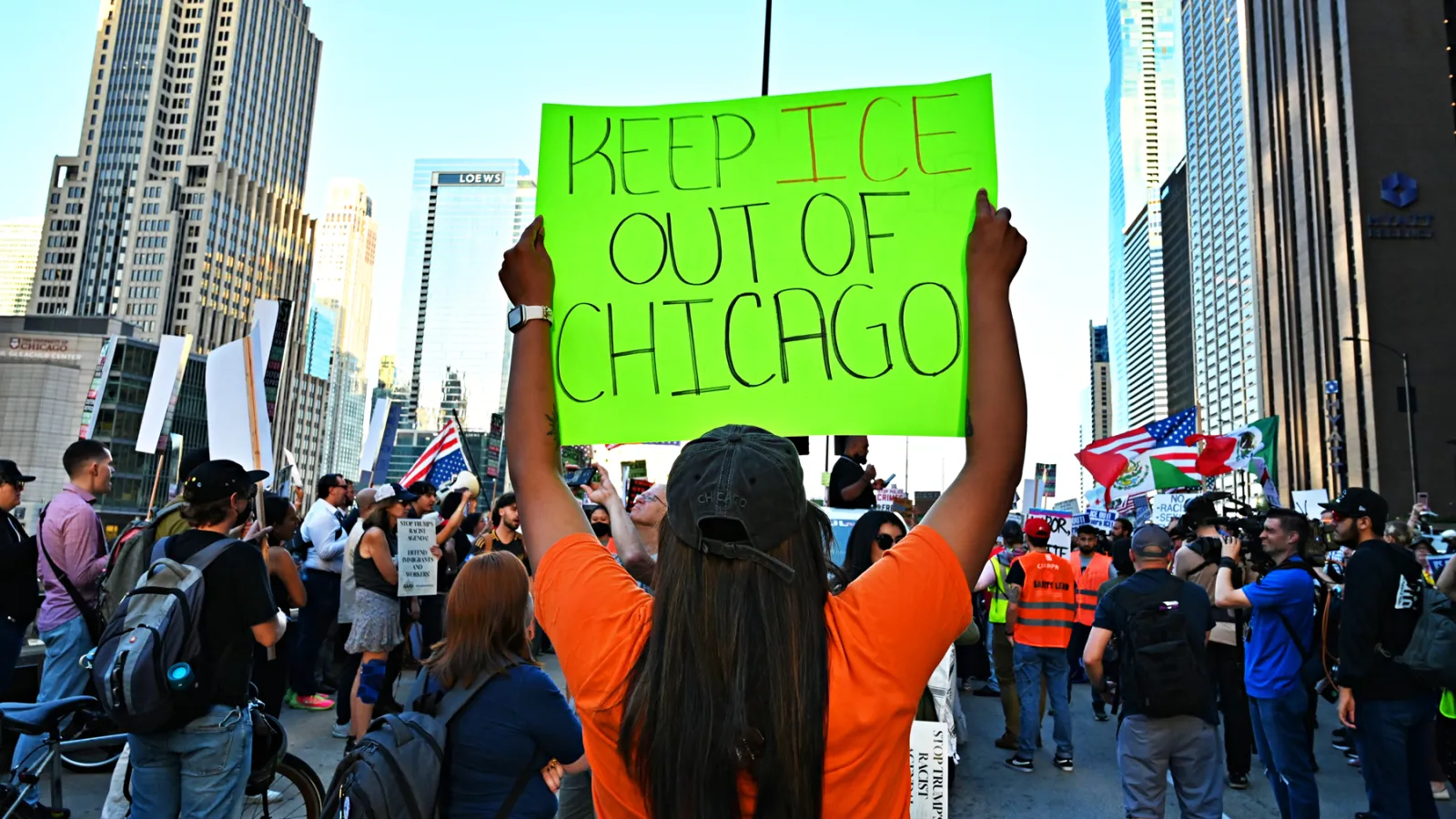Copyright france24

Ten years ago, in the aftermath of the November 2015 Paris terror attacks, the name Molenbeek hit the headlines, with several of the terrorists involved coming from the Brussels district. Indeed, it was Molenbeek where the sole surviving perpetrator of the atrocity, Salah Abdeslam, was arrested. On television screens and in newspapers around the world, Molenbeek Saint-Jean became synonymous with radical Islam and social exclusion. A decade on, Molenbeek is still trying to turn the page. The most densely populated part of Belgium and home to nearly 100 different nationalities, the neighbourhood even attempted this year to win the title of European Capital of Culture in 2030. But beyond declarations of intent, what has really changed in Molenbeek? Have policies to prevent radicalisation been successful? How have the neighbourhood's residents, often stigmatised, experienced a decade in the spotlight? FRANCE 24’s Alix Le Bourdon and Dave Keating report.



